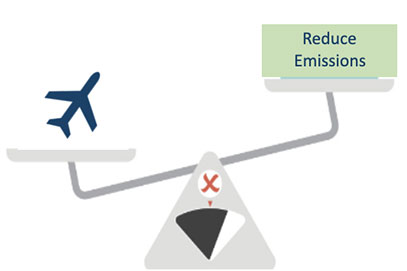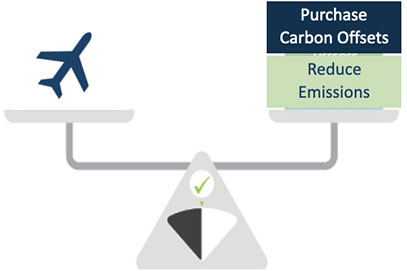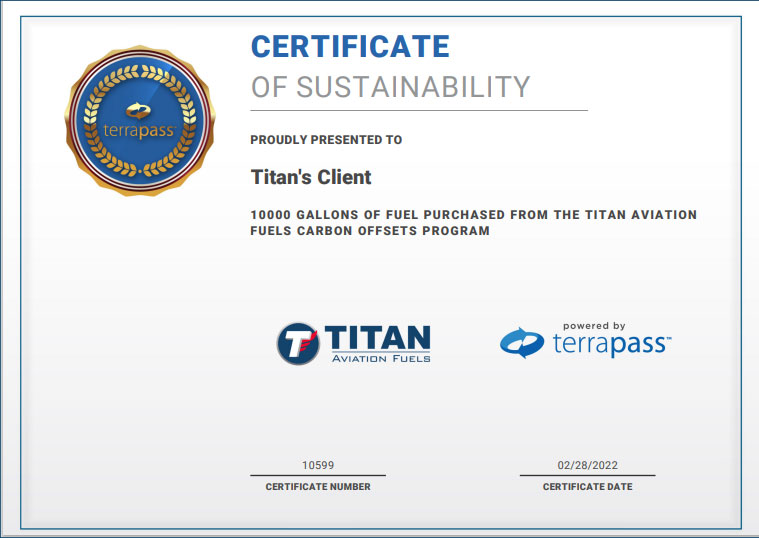Company says independence and putting customers and partners first is key to success
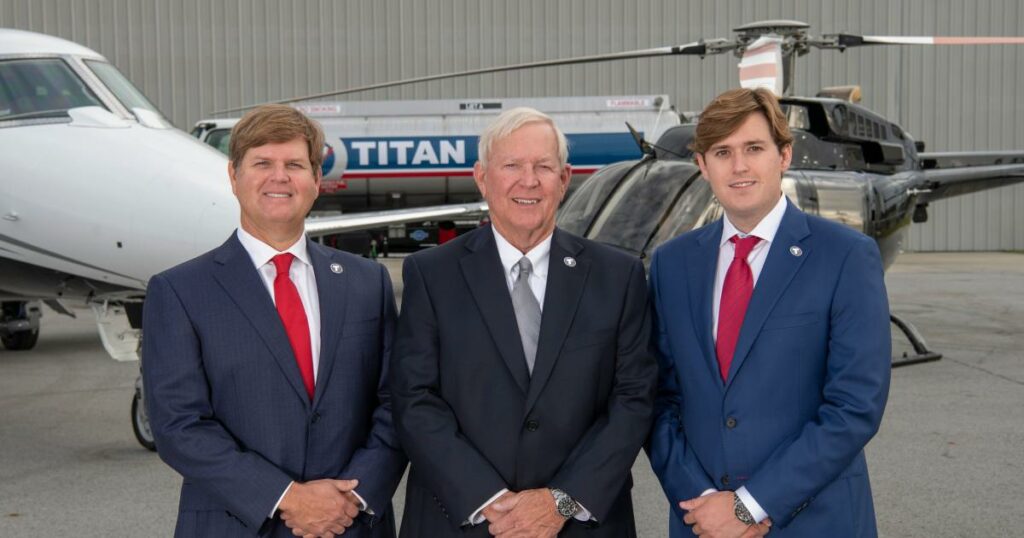
Fuel is the lifeblood of business aircraft operations, and the task of ensuring it flows smoothly across a complex global network rests on the shoulders of specialists such as Titan Aviation Fuels. Prolonged supply chain disruption is prompting the North Carolina-based group to redouble its efforts to support operators when and where they need this time-critical resource.
The response to this challenge has been underpinned by Titan’s efforts to firm up its network of carriers, which move fuel from refineries to airports by focusing on strong relationships with vetted service providers. Where there are gaps, the company has made an investment in its own fleet of trucks operating in some parts of the U.S.
According to company president Robbie Stallings, Titan’s independence from the major oil companies and commitment to sustaining the mutually beneficial alliances are critical to ensuring service reliability and continuity.
“Our relationships with multiple suppliers and our carrier partners allow Titan to be more independent and nimble when there is a supply disruption,” he told AIN. “We work diligently to develop strong relationships with our supply and fuel carrier partners, which ensures we can deliver, even with logistical challenges. We will do whatever is needed to make sure the fuel is delivered reliably to our FBO customers and ultimately to our aircraft operators.”
Titan finds that it has to be especially nimble in providing service beyond the U.S. because fuel shortages for business aircraft operators can be more acute in Europe, especially during the peak summer months. To avoid price spikes that can be triggered by geopolitical volatility, the company works closely with clients, and some larger operators are opting for fixed-price hedging arrangements. It also offers a range of pricing models to align with clients’ operational goals, including volume-based discounts and contract fuel programs.
Titan’s multilingual team sells fuel to more than 6,000 operators with a combined fleet of 20,000-plus aircraft at more than 1,900 airports across 76 countries. It has a European office in Geneva and, in 2021, expanded its international reach with the acquisition of Akryl.
Digital Technology Boosts Transparency
Increasingly, Titan is tapping digital technology to give its clients the improved transparency they now demand, as well as faster response times and real-time data on pricing, deliveries, and invoices. Its proprietary Atlas platform also helps clients streamline ordering and tracking processes and can be integrated with flight operations software.
“But even though the new digital tools are helpful, the personal touch is still very important, and that means backing up our technology with knowledgeable people who can support customers,” Stallings explained. Titan’s team fields requests for help from FBOs that can find fuel management challenging, especially at a time when some businesses are experiencing a churn of staff with the necessary skills and experience.
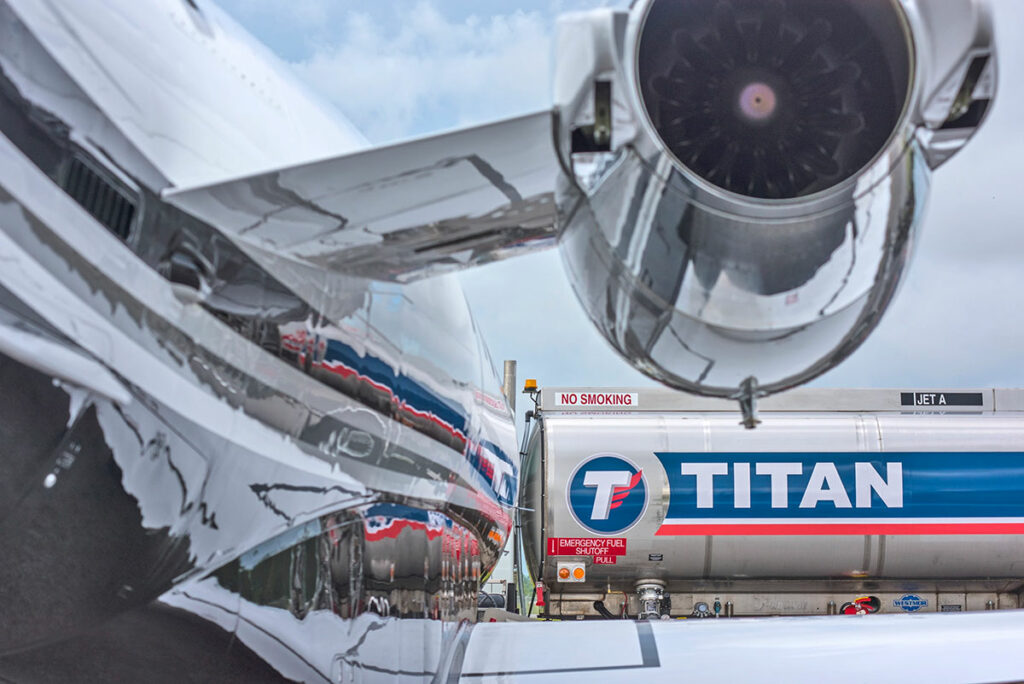
In January, Titan expanded its options for fuel purchases with the acquisition of the Multi Service Aviation Card, allowing clients to manage fuel purchases across a growing network of FBOs and service providers. The company said its various card options for Part 91 and Part 135 operators allow secure, cashless transactions with preferred pricing and detailed reporting and visibility of transactions.
To help customers meet regulatory responsibilities for safe handling of fuel and quality control, Titan provides its own personnel to conduct inspections. It holds live seminars and visits FBOs to provide training for clients’ staff in which its specialists share their deep-seated industry knowledge.
Titan was founded in 1975 by Stallings’ father, Buddy, and the company is marking its 50th anniversary this year, with the first airport it served still among its customers. Stallings has been in the fuel business for 30 years, while many of his colleagues have been with the company since the start.
“What makes us different is that we’re obsessed with customer service. Our business philosophy centers around taking care of the customer. It’s more about the customers than it is about us,” he concluded. “We are passionate about business aviation. Titan measures business success not just on the basis of quarter-to-quarter results, but on the longevity and quality of the customer relationships over the long run. Some of the [service] decisions we take might not make sense financially in the short term. What’s more important is that we exemplify to our customers the deep dedication to their business success.”
The focus on customers’ wider needs resulted in Titan starting an aviation insurance brokerage in 2004. Several clients reported difficulties securing reasonably priced insurance with companies that understood their businesses.
Through an alliance with Beacon Aviation Insurance, Titan Aerospace Insurance introduced a workers’ compensation scheme to offer benefits to the owners and employees of approximately 650 Titan-branded FBOs in the U.S., many of which have been facing prohibitively high costs for employment benefits, such as health insurance. The company also arranges hull and liability cover, hangar and ground risk insurance, and non-owned aircraft cover.


